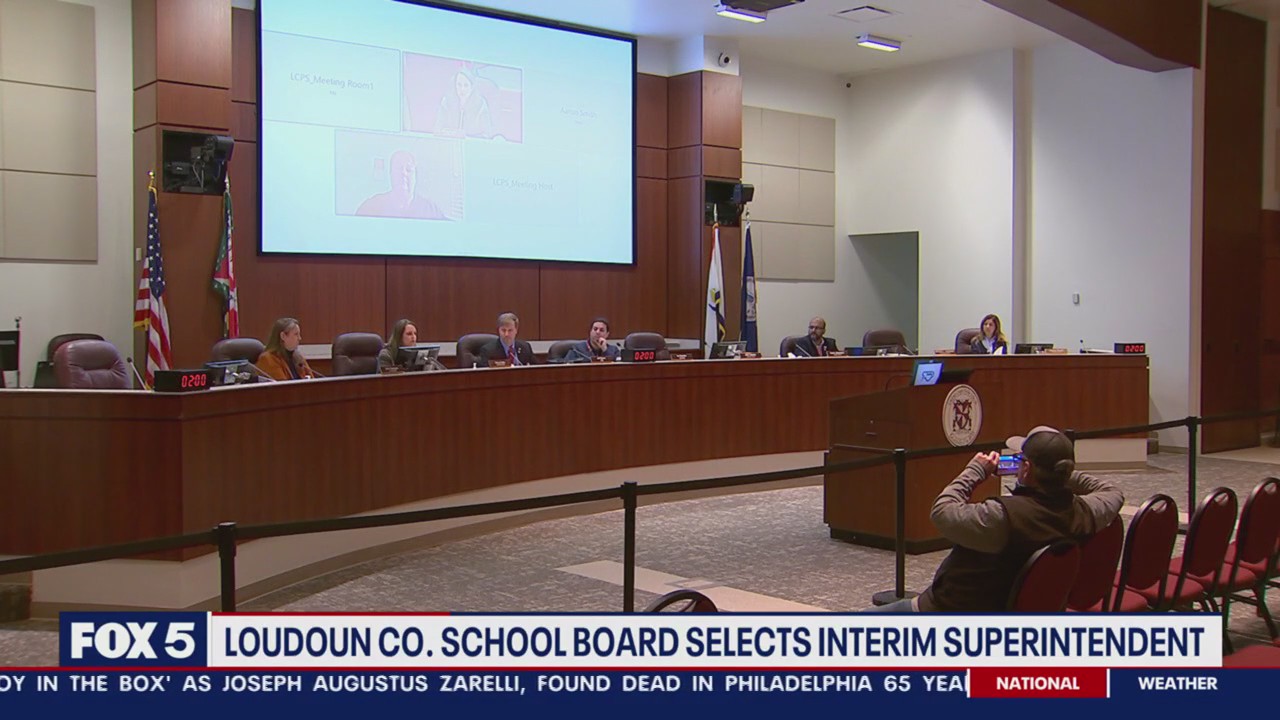Loudoun County to study the impact of segregation

Loudoun County School Board selects interim superintendent
A tumultuous week for Loudoun County Public Schools, which started the week with one superintendent and ended with another. Former Superintendent Scott Ziegler -- fired, after the release of an explosive grand jury report earlier this week detailing the district's failures in dealing with and telling families about sexual assaults in the schools. FOX 5's David Kalan has more from the emergency meeting to name an interim superintendent.
WASHINGTON - The Loudoun County Board of Supervisors approved a plan on Tuesday to study the county’s history of segregated schools.
The plan will consider ways to reconcile the impacts segregation had on Loudoun alumni, faculty, staff, their descendants, and the greater community.
The approval of the study follows a September 2021 decision by the Board to study the harm caused by Loudoun County’s past discrimination against Black students and to seek out ways to rectify disparities. Loudoun County intends to produce recommendations for future actions that the county and the community might take to help the healing that is needed as a result of the past operations of segregated schools. The county also plans to engage The Center of Race and Public Education in the South (CRPES) at the University of Virginia to help facilitate the two-phase, multi-year project.
The first phase, expected to begin in January 2023, is a comprehensive study of the historical and current impacts of segregated education in Loudoun. The CRPES experts’ duties consist of documenting and calculating the economic, social, and educational impacts of segregated schools, assisted by a Study Task Force that can include local historians and scholars. The experts will analyze the history of segregation in the county, gather documentary evidence, meet with localities who share similar experiences, consult with the task force and provide the Board of Supervisors with a comprehensive report.
The second phase is the community reconciliation phase. It will address the task force report through a Reconciliation Task Force composed of individuals that represent the county’s historic African American Villages, Douglass High School, and Carver School alumni. Descendants of the County Wide League and PTAs that purchased the Douglass High School Property will also be represented. This task force will examine lingering educational inequities, conduct community listening sessions for individuals and their descendants who have been impacted and recommend reconciliation measures to the Board of Supervisors.The estimated cost of consultant services for both phases will not exceed $250,000. The Board’s Finance, Government Operations and Economic Development Committee is expected to consider actual funding for this project later this month.

